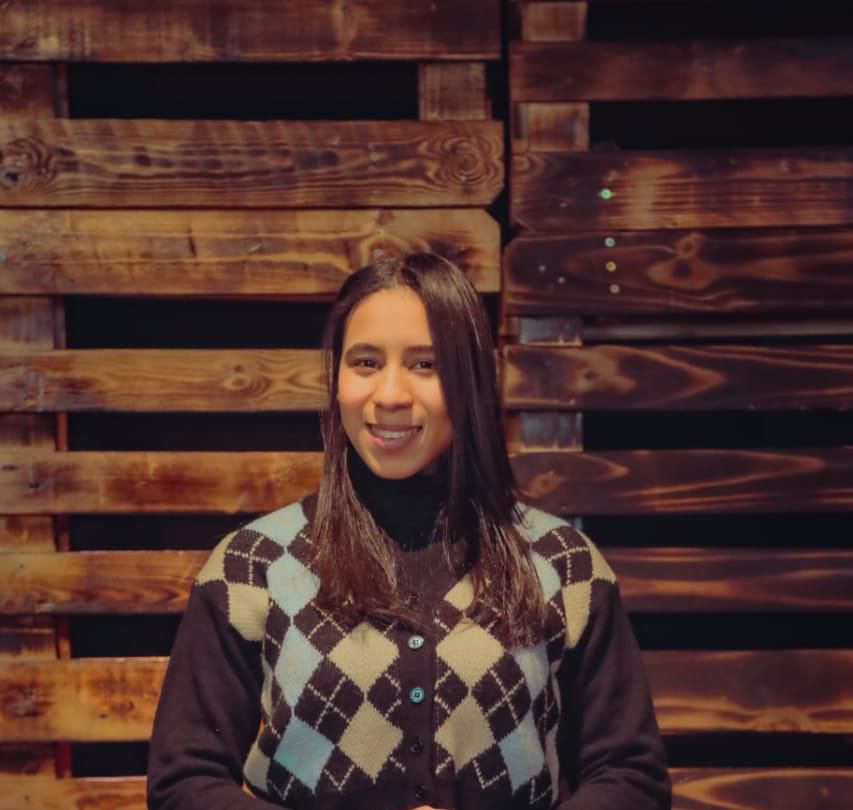Student
Master Of Cultural Policy and Cultural Management
2020
THESIS TITLE: A Participatory Turn in Cultural Activism: Perspectives on Cultural Leadership - Gorara and Kawaliss as Case Studies
Abstract:
A new wave of socially engaged arts arrived in Morocco in 2011 in response to the needs and aspirations of Moroccans. Surrounded by a socio-political milieu characterized by a participation crisis (Négrier 2020) – hindering free participation in cultural and political life - theater ensembles such as théâtre de l'opprimé, Kawaliss, Hawas, and Aquarium theater – organized within the framework of cultural NGOs - have utilized theater as a tool to initiate social change and incorporated a participatory element that puts spectators at the heart of the creative process. The main goal of this research is to explore the impact of participatory arts on the cultural leadership models guiding the organizational development of cultural NGOs belonging to the Moroccan socio-political context. The latter paves the way for a discussion on the challenges and ethical dilemmas facing artivist organizations in the fulfillment of their arts-for-change mission within a turbulent context. Employing in-depth interviews, a PAEI test (Adizes theory) supported by content analysis of social media platforms and strategic plans, the study reveals the role of higher degrees of Integration and Entrepreneurship, two managerial vitamins supporting the arts organizations in their developmental journeys. Although features of the cultural leadership model demonstrated the readiness of the leaders/founders to escape the founder‘s trap through adopting a shared leadership model, one of the ethical dilemmas surrounding the leadership practice is the exclusion of beneficiaries from the identification of the projects‘ aims and objectives putting the art projects into the mold of hierarchical decision making (Négrier 2020). Therefore, suggested strategies of development revolve around going beyond participatory models towards composing a strategic polyphony that engrains the values of active civic engagement, community building, and mutual benefit in the cultural leadership practice, a strategy directed at supporting the survival and sustainability of the cultural NGOs operating within a turbulent environment.
A new wave of socially engaged arts arrived in Morocco in 2011 in response to the needs and aspirations of Moroccans. Surrounded by a socio-political milieu characterized by a participation crisis (Négrier 2020) – hindering free participation in cultural and political life - theater ensembles such as théâtre de l'opprimé, Kawaliss, Hawas, and Aquarium theater – organized within the framework of cultural NGOs - have utilized theater as a tool to initiate social change and incorporated a participatory element that puts spectators at the heart of the creative process. The main goal of this research is to explore the impact of participatory arts on the cultural leadership models guiding the organizational development of cultural NGOs belonging to the Moroccan socio-political context. The latter paves the way for a discussion on the challenges and ethical dilemmas facing artivist organizations in the fulfillment of their arts-for-change mission within a turbulent context. Employing in-depth interviews, a PAEI test (Adizes theory) supported by content analysis of social media platforms and strategic plans, the study reveals the role of higher degrees of Integration and Entrepreneurship, two managerial vitamins supporting the arts organizations in their developmental journeys. Although features of the cultural leadership model demonstrated the readiness of the leaders/founders to escape the founder‘s trap through adopting a shared leadership model, one of the ethical dilemmas surrounding the leadership practice is the exclusion of beneficiaries from the identification of the projects‘ aims and objectives putting the art projects into the mold of hierarchical decision making (Négrier 2020). Therefore, suggested strategies of development revolve around going beyond participatory models towards composing a strategic polyphony that engrains the values of active civic engagement, community building, and mutual benefit in the cultural leadership practice, a strategy directed at supporting the survival and sustainability of the cultural NGOs operating within a turbulent environment.


Leave A Comment